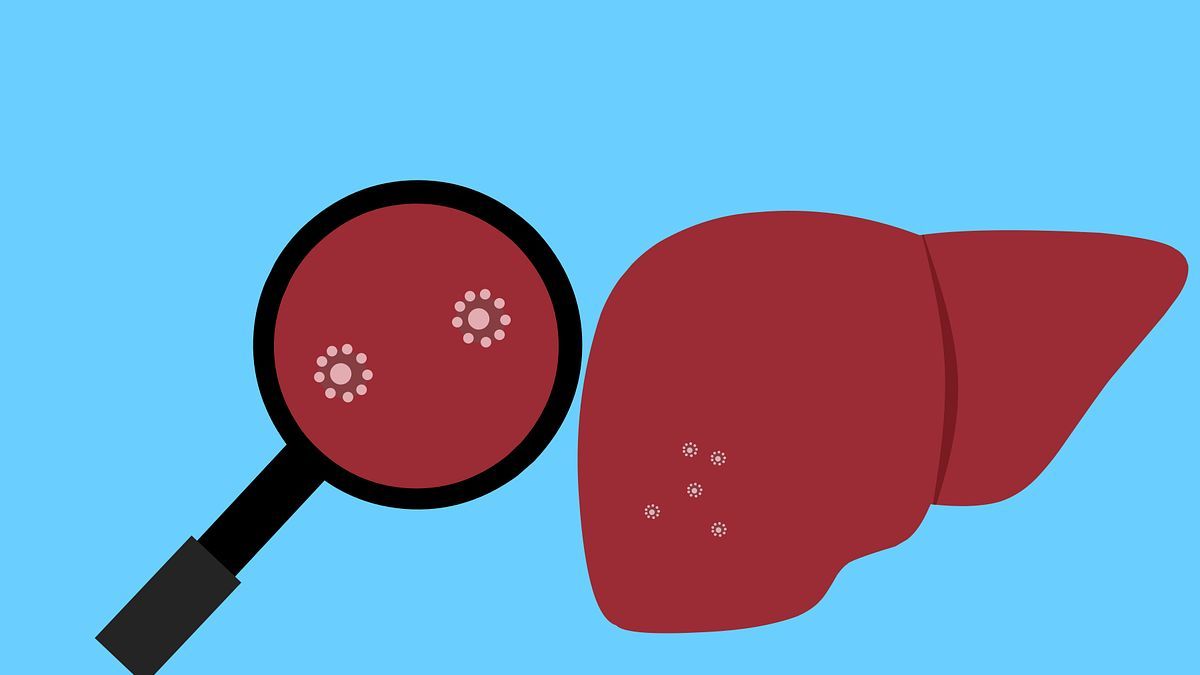“What we demonstrate with this work is that long-term individuals maintain immunity not only humoral (which would be the antibodies), but also cellular,” the infectologist Analía Urueña, first author of the work, told Télam.
And he added that “these results support that the single-dose vaccination strategy is effective, at least with this period of time studied. To know if a longer booster dose will be needed, studies will have to be done in a few years.”
Urueña, director of the Center for Studies for the Prevention and Control of Communicable Diseases of the ISalud University, explained that “it is the first time that the immune response has been investigated in this age group, with this inactivated vaccine and for so long; other studies that had shown the persistence of cellular immunity in adults in Brazil, and others in China with another type of vaccine “.
In 2005 Argentina incorporated a single dose of hepatitis A vaccine (HAV) into the vaccination schedule in all 12-month-old boys and girls, an innovative strategy since the registration of this inoculant was (and still is) with two doses .
“In 2003 and 2004 Argentina had been experiencing the worst outbreak of hepatitis A in years, with incidence rates of more than 100 cases per 100,000 inhabitants. It mainly affected children and was the leading cause of liver transplantation in the pediatric population,” he recalled. Urueña.
In fact, between 2003 and 2004 there were more than 43 thousand cases and that last year there were 25 patients with fulminant hepatitis A and most were transplanted.
“What was done in those years was to control outbreaks, and for that we applied a dose of the vaccine to the contacts of the cases; then it was thought of using this outbreak control strategy as a universal strategy,” Urueña described.
The decision was made on the basis that “it was known that with a dose very high antibody titers were reached and that they lasted a long time,” he explained.
“What happened after the implementation of the strategy is that the cases began to decrease dramatically, not only in those vaccinated, but in the entire population due to what is called the herd effect,” he recalled and mentioned that in pediatrics the The last transplant for this cause was in 2007.
The evidence of the benefit was so overwhelming that in 2012 the WHO Strategic Advisory Group of Experts (SAGE) on Immunization published a document in which it recommended – based on the Argentine experience – the integration of this vaccine into national calendars for children from the year with a single dose.
This led several countries in the region to adopt this strategy, such as Colombia, Paraguay, Chile, Brazil, and Central American countries, also with good results.
“After the implementation of this strategy, what followed were studies that measured the antibodies of the vaccinated girls and boys. What was observed is that the persistence of antibodies over time is good, although the titers tend to decrease and even fall below protective levels over time, “he described.
And he added: “However, no cases have been described in vaccinated people, which suggests a relevant role for cellular immunity. For this reason we are undertaking this work.”
For this study, 81 individuals vaccinated with a single dose of HAV were selected from a 2015 study, including 54 with non-protective antibody levels (UAL) and 27 with protective antibody levels (PAL).
Among the different results, the researcher highlighted that “what was observed was a specific memory T-cell response for the hepatitis A virus regardless of antibody titers.”
“The message, especially for countries where the disease is endemic and that have not yet incorporated any dose of vaccine, would be that it is possible to control the disease with this safe, inexpensive strategy with a great impact on public health,” concluded Urueña.





